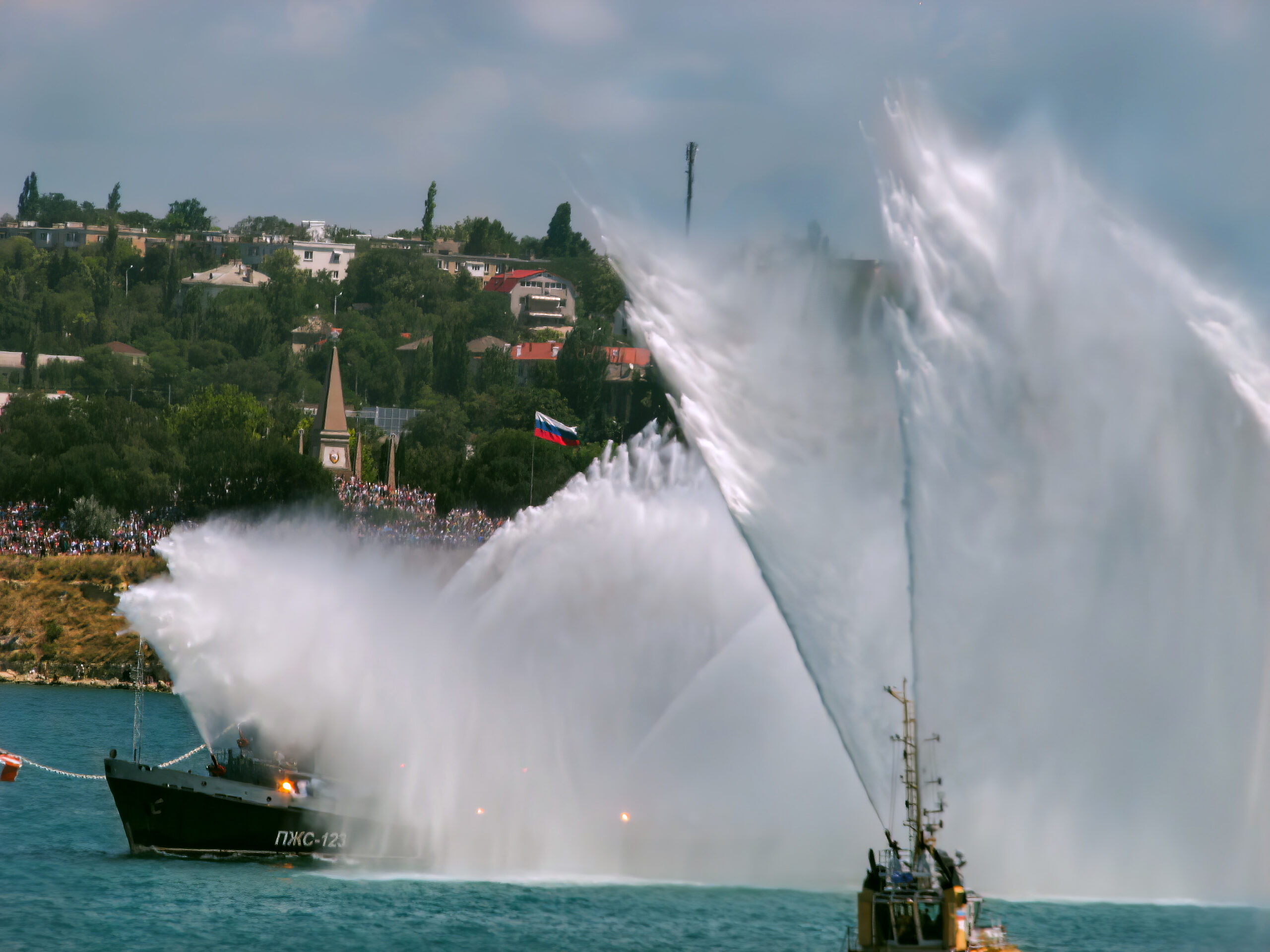
India’s ambition to project itself as a maritime power in the Indian Ocean region has been marred by a series of naval accidents that reveal critical lapses in safety and operational protocols. Over the past decade, the Indian Navy has reported 15 major incidents, including fires, equipment failures, and mishandling of radioactive materials. These incidents not only compromise national security but also endanger the fragile marine environment, posing long-term risks to regional stability.
The INS Sindhuratna fire in 2014 was a wake-up call for the Indian Navy. The tragic loss of two officers and the subsequent grounding of the submarine highlighted systemic issues in maintenance and safety protocols. The INS Arihant incident, where the submarine was rendered inoperative for nearly a year due to a hatch being left open, exposed glaring deficiencies in operational oversight and technical reliability. Such mishaps underline the vulnerabilities of India’s defense infrastructure, which relies heavily on underdeveloped and substandard technology.
More recently, delays in the commissioning of the INS Arighaat have raised concerns about India’s ability to develop and sustain high-tech military platforms. This nuclear-powered submarine, initially expected to bolster India’s strategic deterrence, has faced a three-year delay in its construction. These setbacks not only undermine the Navy’s operational readiness but also reflect poorly on its capability to manage complex naval assets. Corruption in procurement processes has further compounded these issues, with kickback scandals in arms deals and irregularities in indigenous weapon systems procurement eroding public trust.
India’s use of untested and uncertified nuclear technology in its naval operations has significant environmental implications. The risk of underwater nuclear accidents, whether due to technical failures or human error, poses a severe threat to marine life and coastal ecosystems. Radioactive contamination from such incidents could devastate fisheries, disrupt food chains, and harm the livelihoods of millions who depend on the ocean. A nuclear mishap could also lead to the displacement of coastal communities, compounding the human cost of these accidents.
The Indian Navy’s focus on military expansion comes at a high human cost. With 140 million people living in poverty, the allocation of billions of dollars to nuclear submarines raises ethical concerns. The prioritization of defense spending over critical social and environmental needs reflects a misalignment of national priorities. While the government invests in enhancing its naval capabilities, basic infrastructure, healthcare, and education remain underfunded. This disparity in resource allocation not only deepens social inequalities but also sparks public debate over the ethical implications of such decisions.
India’s naval accidents have far-reaching implications for South Asia. The interconnected nature of marine ecosystems means that the fallout from such incidents could affect neighboring countries, disrupting fisheries, tourism, and coastal economies. The risk of transboundary pollution underscores the need for a collective approach to maritime safety. For example, an underwater nuclear accident in Indian waters could result in radioactive contamination spreading across international boundaries, affecting the shared marine resources of countries in the region.
To mitigate these risks, India must adopt a comprehensive approach to improving naval safety and environmental stewardship. Key recommendations include: Implementing strict adherence to standard operating procedures (SOPs) and conducting regular training for naval personnel to minimize human error. Incorporating advanced simulation technologies for training could also help prepare personnel for emergency situations. Prioritizing the procurement of certified, high-quality equipment to reduce the likelihood of technical failures. Establishing partnerships with technologically advanced nations could help India acquire reliable systems and improve its defense infrastructure. Establishing mechanisms for transparent reporting and investigation of incidents to build public trust and accountability. Independent audits and reviews of naval operations can provide valuable insights into areas requiring improvement. With neighboring countries to develop a cooperative framework for maritime safety and environmental protection. Regular joint exercises and information-sharing initiatives can enhance mutual trust and operational efficiency. Partnering with global bodies like the International Maritime Organization (IMO) and International Atomic Energy Agency (IAEA) to ensure compliance with international standards and promote best practices in nuclear safety. Active participation in these organizations can also help India leverage international expertise in addressing its challenges.
The Indian Navy’s operational challenges and environmental risks call for urgent action. By prioritizing safety, transparency, and regional cooperation, India can address these issues and contribute to a safer, more sustainable future for South Asia. The stakes are high, but with the right policies and practices, the region can navigate these challenges and protect its shared maritime heritage. A commitment to accountability and collaboration will not only enhance India’s naval capabilities but also safeguard the environmental and economic well-being of the entire region.
